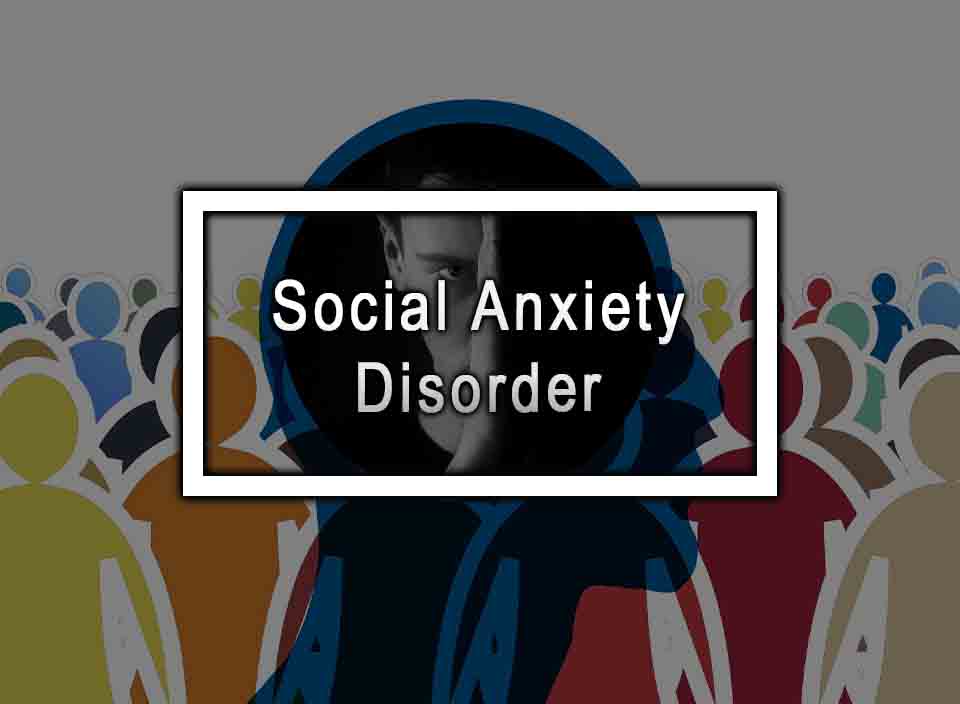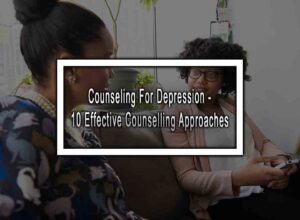Social anxiety disorder (SAD) is a mental health condition that affects millions of people worldwide. It is a persistent and debilitating anxiety that arises in social situations. SAD can affect all aspects of a person’s life, including work, school, and relationships. Social anxiety disorder is a common and treatable condition, but many people with SAD struggle to obtain the proper treatment they need.
Table of Contents
ToggleWhat is Social Anxiety Disorder?
Social Anxiety Disorder is a mental health disorder characterized by excessive anxiety and fear of social situations, such as public speaking, parties, or meeting new people. People with SAD experience intense physical and psychological symptoms that make it difficult for them to interact with other people.
Symptoms
Symptoms of SAD can vary depending on the severity of the condition. However, some common symptoms include:
- Intense fear of judgment or rejection
- Avoidance of social situations
- Physical symptoms such as sweating, trembling, or blushing
- Excessive self-doubt and self-criticism
- Negative self-talk and thoughts
- Panic attacks
- Difficulty speaking or expressing themselves
Causes
The exact causes of social anxiety disorder are unknown, but it is thought to be a combination of biological, psychological, and environmental factors. Some possible causes of SAD include:
- Genetics: People with a family history of anxiety disorders are more likely to develop social anxiety disorder.
- Brain chemistry: People with SAD may have imbalances in certain brain chemicals that affect mood and anxiety.
- Negative rearing experiences: People who have experienced negative or traumatic events in childhood such as bullying, rejection, or abuse, are more likely to develop anxiety disorders.
- Social conditioning: People who have had negative experiences or feedback in social situations may develop anxiety and avoidance of social situations as a result.
Treatment
Social anxiety disorder is a treatable condition. There are various treatment options available to individuals with SAD. Some common treatments are:
Cognitive-behavioral therapy (CBT)
CBT is a type of talk therapy that focuses on changing negative thought patterns that trigger anxiety and learning healthy coping skills. CBT is effective in reducing anxiety and improving social skills.
Medication
Antidepressant medications, such as selective serotonin reuptake inhibitors (SSRIs), are often used to treat social anxiety disorder. These medications can help reduce anxiety and improve mood.
Group therapy
Group therapy offers individuals the opportunity to practice social skills in a supportive environment. Group therapy can also provide a sense of community and reduce feelings of isolation.
Lifestyle changes
Eating a healthy diet, regular exercise, and reducing caffeine and alcohol intake can reduce anxiety levels and improve overall well-being.
Conclusion
Social anxiety disorder is a challenging condition that affects millions of people worldwide. It can have a significant impact on an individual’s personal and professional life. However, with appropriate treatment, people with SAD can learn to manage their symptoms effectively. Treating SAD early can help prevent complications, such as depression, substance abuse, and social isolation. It is important to seek help if you or someone you know is experiencing SAD symptoms to ensure that they receive the right treatment.
Social Anxiety Disorder FAQ
Here are the most common questions about social anxiety disorder.
How is social anxiety disorder diagnosed?
Diagnosis of social anxiety disorder is based on clinical evaluation by a mental health professional, including a comprehensive assessment of symptoms, medical history, and psychological testing.
How is social anxiety disorder treated?
Social anxiety disorder can be treated with various therapies, including cognitive-behavioral therapy, exposure therapy, and medication. In some cases, a combination of therapies may be needed for effective treatment.
Can social anxiety disorder be cured?
There is no known cure for SAD, but treatment can help manage symptoms and improve quality of life.
Is social anxiety disorder serious?
SAD can be a serious mental health condition that significantly affects an individual’s daily life and relationships.
Can SAD lead to other mental health issues?
Untreated SAD may lead to other mental health issues, such as depression or substance abuse.
What should family and friends do to support someone with SAD?
Family and friends can support someone with SAD by being understanding and empathetic, educating themselves on the condition, and encouraging professional treatment.
More like this: Symptoms Of Panic Disorder












